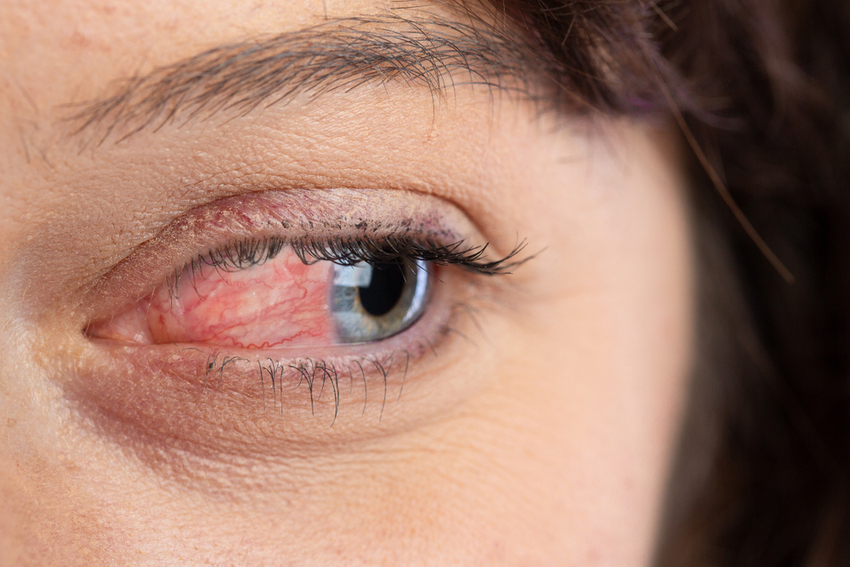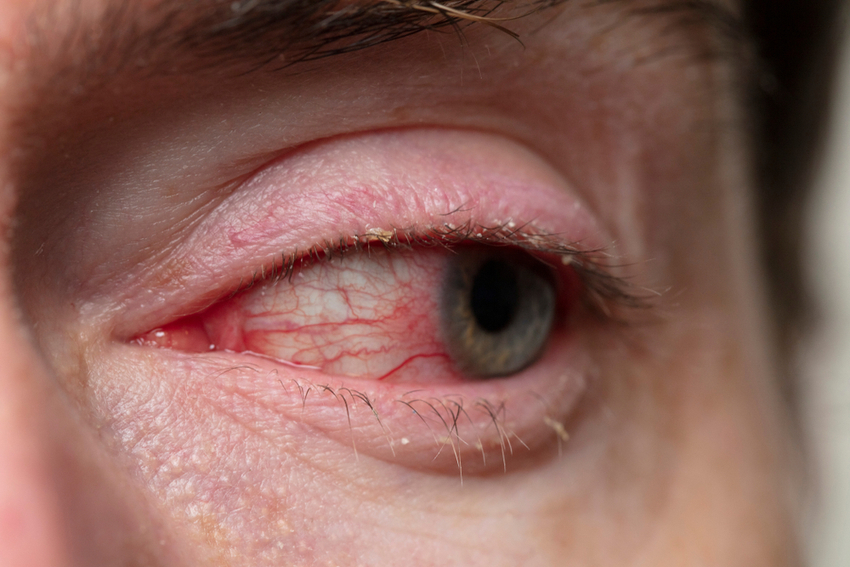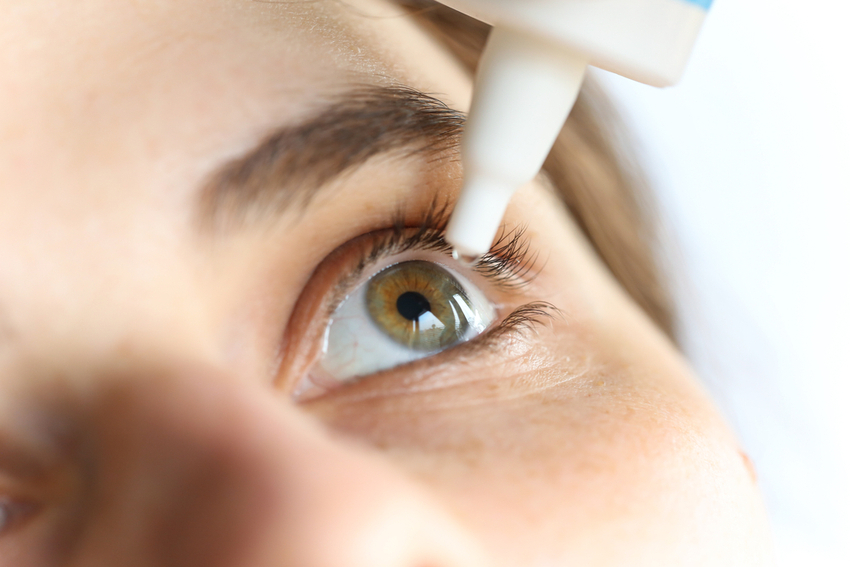Not a Dry Eye in Sight This Christmas
We’re no strangers to harsh winters here in Chicago. Bitter winds, freezing temperatures and deep snow are all part and parcel of being a Chicagoan. It’s tough, but it makes the coming of spring all the sweeter!
The cold weather can, however, wreak havoc with your eyes. If you’re prone to irritated or dry eyes in winter, you may have Dry Eye syndrome.
What Is Dry Eye Syndrome?
This is a very common condition that happens when your eyes don’t make enough tears, or if the quality of your tears is poor. This can dry out the front of your eye and also make them water excessively as a reaction to the irritation.

Other signs of dry eyes include feeling like you’ve got sand in your eye, redness, soreness, and blurred vision.
Winter makes this worse because of low humidity in the air, cold winds, and more time spent indoors. Staring at a screen for a long time can also trigger it, along with contact lens wear.
Blepharitis and Meibomian Gland Dysfunction (MGD)
Blepharitis and MGD are two conditions that can also cause dry eyes.

MGD happens when the glands in your eyelids get clogged, so they’re not able to secrete the oily liquid that keeps your eyes moist. With blepharitis, bacteria cause inflammation and dry scales to form on your eyelids, giving stinging, crusty and irritated eyes.
Tackling Dry Eyes
There are plenty of lifestyle changes that can help with Dry Eye.
It helps to keep hydrated, so drink plenty of water. Smoking and drinking caffeinated drinks can make it worse. Protect your eyes if you’re out in the wind or in a dusty atmosphere and use a humidifier indoors to reduce the air’s dryness. Finally, make sure you blink when you’re focusing on a screen or reading.
Treatments
If lifestyle changes don’t improve things, there are treatments available.
The first step is to get a Dry Eye diagnosis so your eye doctor can understand what’s happening. We can test you using the innovative TearLab Osmolarity diagnostics, which tests your tears and helps us work out the best treatment for you. We also use a tool called the RPS InflammaDry Detector, which tests for inflammatory markers in your tears.

Daytime and night-time lubricant eye drops, and ointments can help with mild dryness, but the benefits last only as long as the drops are effective for.
We often recommend vitamins containing Omega 3 for dry eyes and Omega 6 fatty acids to our patients, as they help you produce better quality tears and keep your tear film healthy.
Punctal occlusion is another treatment option – a simple procedure that stops your tears draining away as quickly, keeping them on the surface of your eye for longer.
Restasis is a prescription eye drop that helps reduce inflammation on the eye surface as well as increasing tear production. This is more effective than regular eye drops as it stimulates your eye to produce its own tears, rather than relying on adding moisture from eye drops so you can carry on feeling the benefits throughout the day.
If you’re worried about having Dry Eye syndrome or simply want advice, give us a call to book an appointment with one of our expert team, so you can enjoy a peaceful and relaxing Christmas with clear, comfortable vision.
